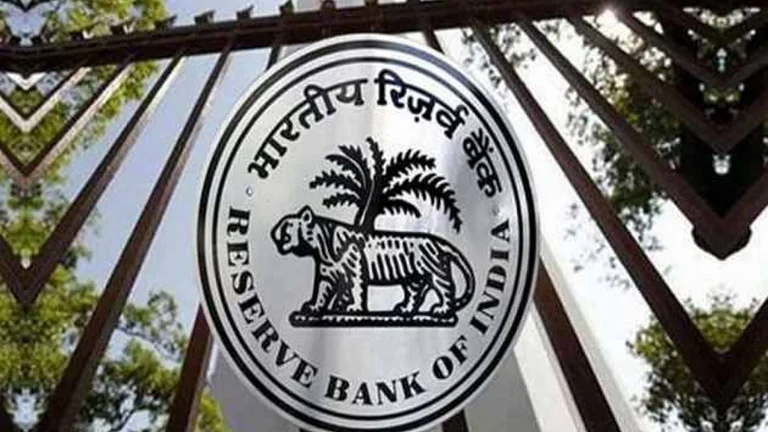There is nothing like earning some extra return. And when banks launch special short-term fixed deposit (FD) schemes with higher interest rates, it looks like a good deal.
Is Investing In Special Short-Term FD Schemes Launched By Banks A Good Idea
Investors who want to diversify their portfolio into less risky assets for the short term with the benefit of high liquidity should invest in special short-term FD
Special short-term fixed deposit (FD) scheme provides higher interest rates compared to regular FDs. The investment tenure is short and fixed, unlike regular FDs. These schemes are run by banks for a limited time period.
If we look at the FD interest rates of the State Bank of India (SBI), the regular FD return for one to two years is 6.8 per cent per annum while for the special FD, it is 7.25 per cent per annum for a fixed tenure of 444 days which is around one year three months. Additionally, senior citizens get additional returns over the public which takes this return to 7.75 per cent for special FDs.
This special short-term FD is suitable for retail investors who are seeking guaranteed returns over a short period of time with very little risk.
FDs Do Not Beat Inflation
While these special FDs offer higher interest rates, they may not be ideal for individuals in the highest tax bracket. After accounting for taxes, the effective return could drop to 5.8 per cent or lower, which doesn’t adequately offset inflation.
“With India’s average inflation rate hovering around 5.5 per cent, the real return from these FDs would be less than one per cent, making them unsuitable for wealth creation. Apart from this, medical inflation, and education inflation, etc., is quite high and difficult to avoid for all investors, this is the reason why target two to three per cent real return is important,” says Rajani.
In comparison, other low-risk instruments like arbitrage offer better post-tax returns, especially for investors in higher tax brackets. Strategic asset allocation becomes essential here.
When High-Interest FDs Make Sense And When They Don’t?
“If you are looking for steady returns for the short term coupled with capital protection, then FDs are a viable choice. However, if you are looking to build a corpus or planning a long-term, inflation-proof investment, then FDs will not do the trick,” says Adhil Shetty, CEO, BankBazaar.com.
Thus, investors who want to diversify their portfolio into less risky assets for the short term with the benefit of high liquidity should invest in special short-term FD. Investors must consider the minimum amount required, fixed tenure of investment, and liquidity rules in special short-term FD.
“If used, such FDs should be limited to 20 per cent of your portfolio, primarily for liquidity or short-term goals. For long-term investments, products with inflation-beating potential, such as equity mutual funds, are more effective in preserving and growing wealth,” says Rajani.
Follow Outlook Money's Complete Coverage of The Union Budget 2025 Here.
